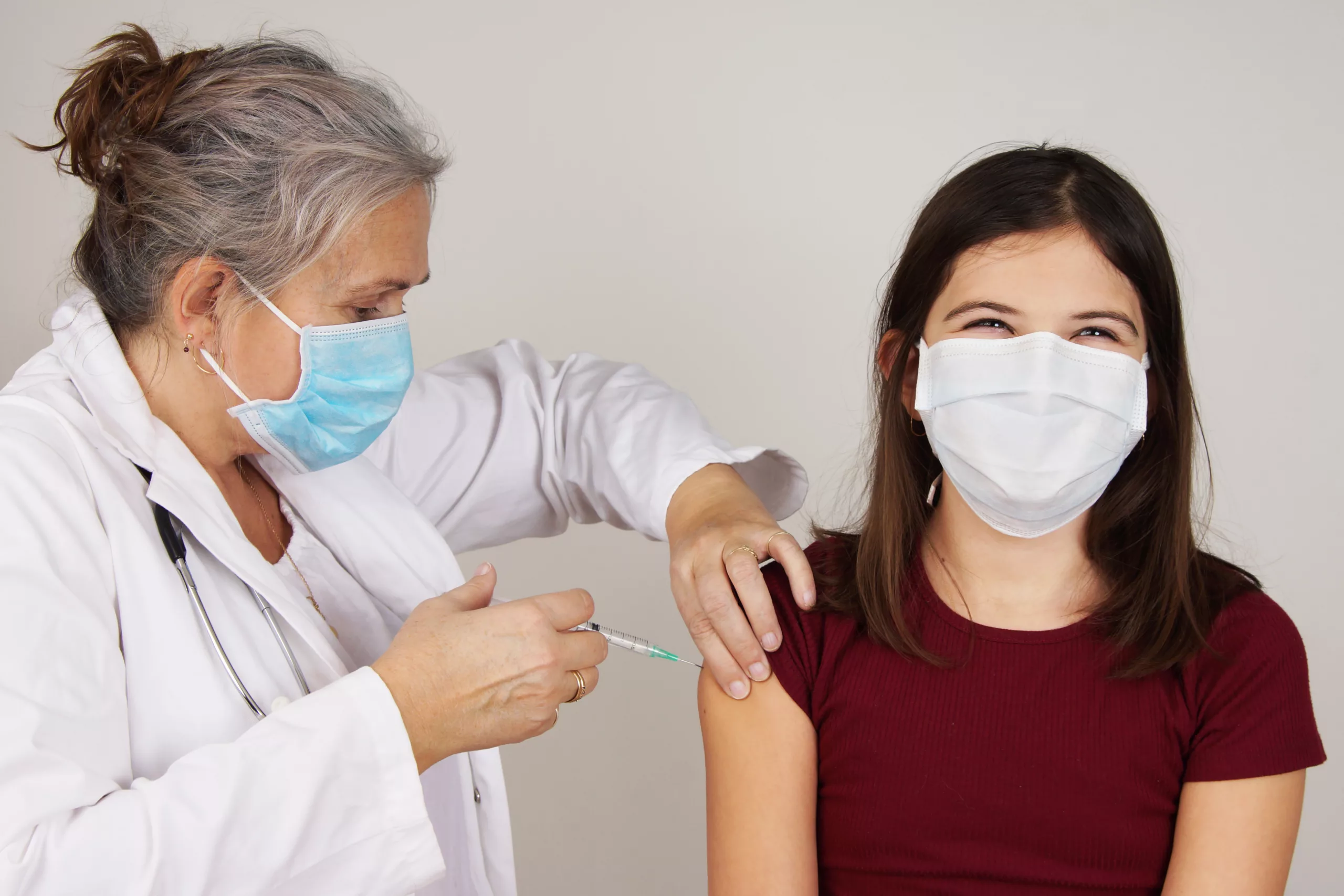As Kentucky’s near-total abortion ban largely eliminates the procedure in the state, Kentuckians go to other states for it

by Mellissa Patrick, Kentucky Health News
From January to July of this year, the Kentucky Cabinet for Health and Family Services received reports of 13 abortions in the state, compared to 2,591 in the same time frame in 2021, showing the impact of state laws that were invoked when the U.S. Supreme Court nullified the right to abortion in late June 2022, Alex Acquisto reports in an in-depth article for the Lexington Herald-Leader.
Acquisto writes, “The marked cliff is a direct result of Kentucky’s trigger law and six-week ban,” which legislators passed in hope of such a ruling. “The trigger law bans all abortions except when a pregnant person’s life is immediately threatened, and the six-week ban, or fetal-heartbeat law, outlaws abortions after fetal cardiac activity develops … usually around six weeks gestation.”
The trend is mirrored in more than a dozen states that have enacted similar policies since the decision in Dobbs v. Jackson Women’s Health Organization, according to estimates from the Guttmacher Institute, a policy research center that supports abortion rights. However, “In states that have preserved access, like Illinois, demand for the medical procedure has ballooned,” Acquisto writes.
“From January to June of this year, the number of abortions provided in Illinois grew by an estimated 69% (from 26,000 to roughly 45,000) compared with 2020, according to Guttmacher’s report. Across the board, states without abortion bans saw similar increases. Abortions in Virginia increased by 60%.”
Southern Illinois has the closest abortion access to Western Kentucky; the closest to Eastern Kentucky is in Bristol, Virginia.
Acquisto notes that these estimates are based on abortions reported by providers working in brick-and-mortar clinics and doctor’s offices, so “The true figures are likely even higher, since an estimated increase in abortion medication received by mail is not factored” into the estimates.
The Guttmacher Institute report did not include numbers from Kentucky. Acquisto got them through an open records request. She writes that the health cabinet is expected to publish its annual abortion report for 2022 this month; state law requires it to be published by Sept. 30 of each year.
Acquisto writes that before the state’s near-total abortion ban, “in a given month in Kentucky, between 300 and 400 abortions were provided, state data from recent years shows. . . . Most of the 13 were medication abortions, and most occurred in the second trimester, the latest being 21 weeks.”
She adds that the cabinet did not release the ages of the individuals who received abortions in Kentucky so far this year, stating that doing so could create an “unwarranted invasion of personal privacy” because so few abortions were reported. Historically, this information has been public.
Acquisto reports that piecemeal data provides some insight into how many Kentuckians are traveling out of state for this type of medical care.
“Before Indiana’s near-total abortion became law in August, state data showed 340 Kentuckians had traveled to the Hoosier state for abortions between January and March, representing roughly 90% of all abortions provided to non-residents,” she writes. ” In 2022, a total of 950 Kentuckians got abortions in Indiana, WFPL reported in June.”
That shows many people will continue to seek such care despite state bans, Tamarra Wieder, Kentucky state director of Planned Parenthood Alliance Advocates, told Acquisto.
“Kentuckians didn’t stop needing abortions, they’ve just been forced to go elsewhere,” Wieder said. “Those who had the means and the ability to leave the state are leaving the state for that type of care.”
Organizations that help women travel across state lines for reproductive health care say the demand for their help is not letting up, Acquisto reports: “Kentucky Health Justice Network, which offers assistance to people who need help paying for their abortion, fielded more than 500 calls from January to July of this year (421 received donations from KHJN to pay for their abortions).”
Savannah Trebuna, co-director of KHJN’s abortion support fund, told Acquisto that before August, when Indiana banned abortion, 44% of people who the network’s hotline traveled to Indiana for abortions, and since then, KHJN has sent nearly 30 callers to Illinois.
Acquisto also notes the challenges Kentucky women face when they need a medically necessary abortion but their life is not immediately threatened, a situation that current law doesn’t allow a doctor to address.
Trebuna told Acquisto, “There have been cases where we’ve had callers who would have died had they continued their pregnancy, but because they weren’t actively dying in front of a doctor, they were still referred out of state.”
Photo: Adobe Stock
Recommended Posts

Kamala Harris needs a VP candidate. Could a governor fit the bill?
Fri, July 26, 2024
After cyber-attack on Jefferson County Clerk, Fayette counterpart discusses precautions
Fri, July 26, 2024
An eastern Kentucky animal shelter is swelling this summer
Fri, July 26, 2024